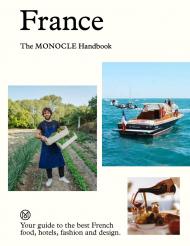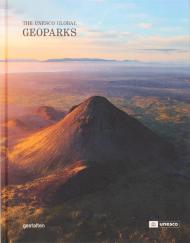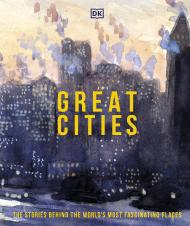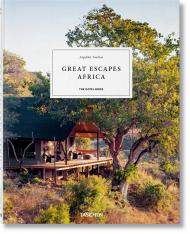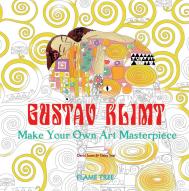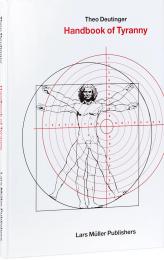У цій книзі представлені три десятиліття «Жінки року» за версією Glamour. Ця книга є записом приголомшливих досягнень, які змінили наш світ, і посібником із досягнення успіху для жінок сьогодні — і завтра.
Понад 80 років Glamour є видатним титулом розширення прав і можливостей жінок в Америці. Від початку створення Glamour як журналу «для дівчини з роботою» і до сьогодні сильні, амбітні жінки завжди займали центральне місце, і не більше, ніж на щорічній премії Glamour «Жінка року».
Започаткована в 1990 році, щорічна премія стала 30-річною історією, що живе, відображаючи еволюцію влади жінок у світі кіно, політики, спорту, активізму тощо. Багато імен знайомі. Ми виросли з Біллі Джин Кінг, Мадонною, Норою Ефрон і Рут Бейдер Гінзбург. Такі титани змін, як Мішель Обама та Малала Юсуфзай, надовго вплинули на наш світ. Такі зірки, як Різ Візерспун, Ава ДюВерней, Джуліанна Мур, Люпіта Ніонґо та Ешлі Грем, використали свій глобальний вплив, щоб пересунути голку у кіновиробництві, репродуктивних правах, кримінальному правосудді та представництві. Інші імена, які ви, можливо, не так добре знаєте, включають жінок, які змінили майбутнє школярів у місцевих громадах, і підлітків, які організували мільйони для боротьби з насильством зі зброєю.
Гламур: 30 років жінок, які змінили світ, торкається деяких найважливіших культурно важливих моментів нашої недавньої історії. Крім того, він містить оригінальний вміст від Шонди Раймс, Дайан фон Фюрстенберг, Аріанни Хаффінгтон та інших, щоб надихнути майбутні покоління. Найважливіше те, що книга пропонує натхнення та послуги, нагадуючи сучасним жінкам і дівчатам, що, за словами лауреата премії «Жінка року 2015» Різ Візерспун, амбіції — це не брудне слово.
Glamour є одним із найбільших жіночих брендів у світі, що досягає історичного максимуму в понад 37 мільйонів людей на місяць. Glamour вірить у силу жінки бути собою та підтримує жінок, коли вони роблять свою справу: чесно, автентично та чудово. Glamour є найвищим авторитетом для наступного покоління тих, хто творить зміни.
